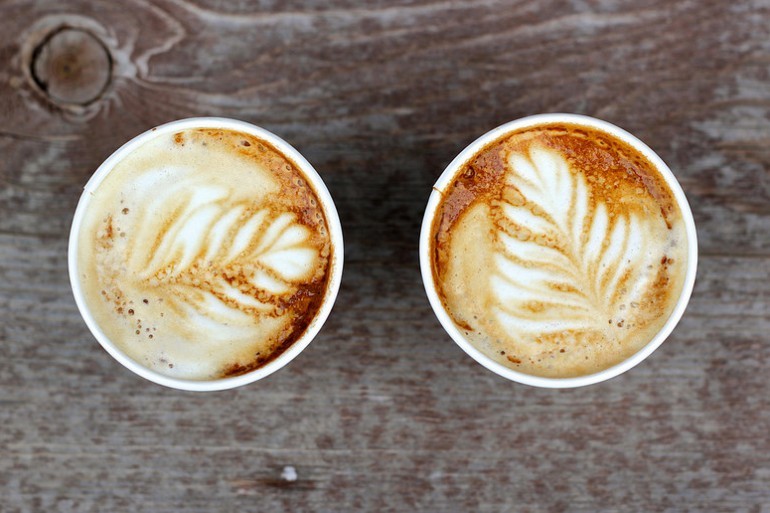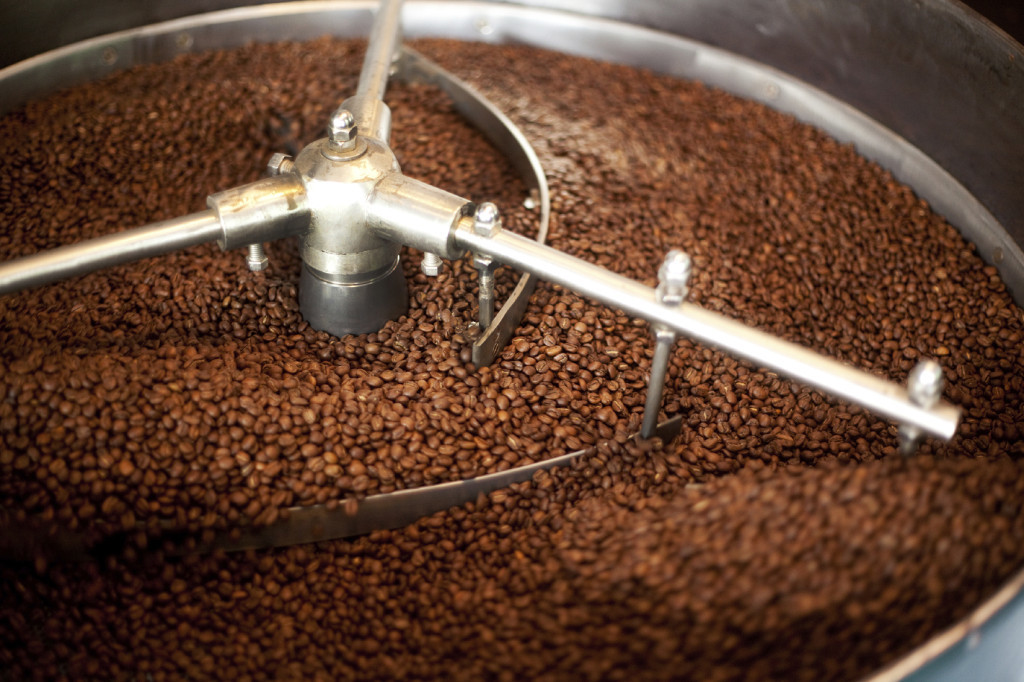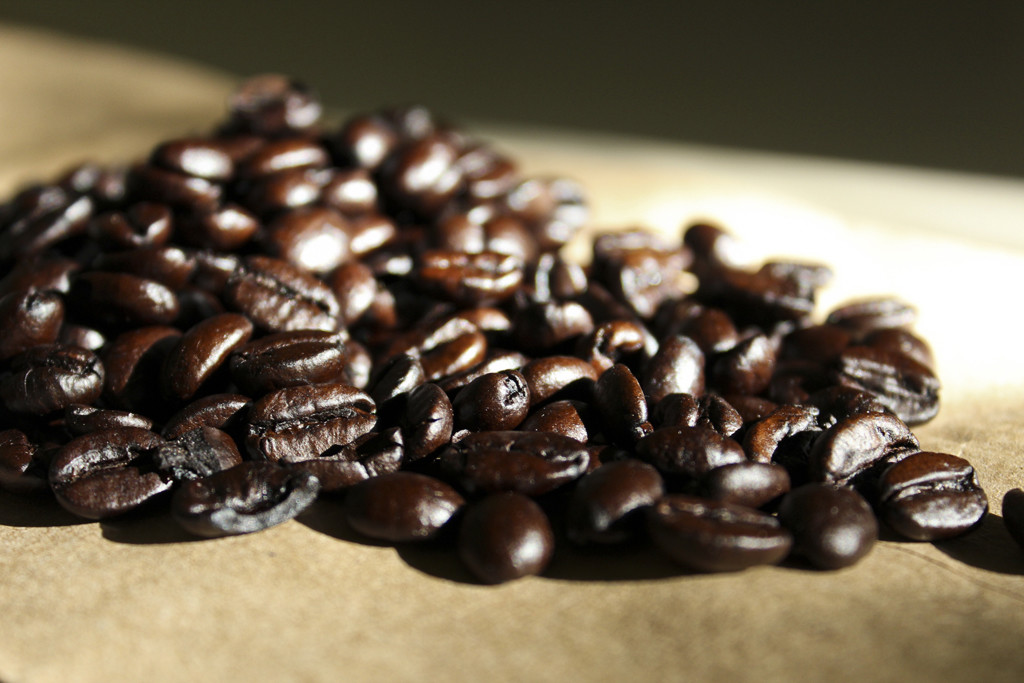We at Spoon know that that perfectly caffeinated cup of coffee is often the highlight of your day – and why not? It’s warm, fragrant, and covered with deliciously foamy swirls.
But there’s actually quite a lot that even the most dedicated caffeine addict doesn’t know about coffee and the state of the industry, from grading coffees to environmental upheaval. To that end, we interviewed Kerri Goodman, the publisher at the publication CoffeeTalk, in order to get the full scoop on everything related to the most magical bean in the world.
Spoon: How long have you been working in the coffee industry, and what do you do at CoffeeTalk?
KG: I’ve been working in the coffee industry for 24 years. I am the publisher at CoffeeTalk but have the title “slave” in my own database…a slave to passion, as the magazine is a labor of love.
Spoon: As the leading independent news source on the business of coffee, CoffeeTalk seems to be a very influential publication. How did you and/or CoffeeTalk get started on this path?
KG: I actually started out working as a schoolteacher, before I became a full-time mom. But then I started to go a little stir-crazy, so I started my own business. That business morphed into advertising and graphic design work, which in turn led to marketing for espresso machines in Seattle. I had never really liked coffee up to that point, but that job introduced me to the world of specialty coffees and I discovered that coffee is actually really good.
As I became more involved in the coffee industry, I saw that lots of people were excited about starting their own cafes but didn’t know enough about business to make them successful. In 1993, I wrote a book to help those business owners out, but it was hard to get the word out. Getting things published in magazines was particularly difficult, so I decided to start my own. The first five years were hard, but now it’s great.
Spoon: How have recent climate changes impacted coffee crops? Do you foresee any danger to the industry as a result of such environmental changes?
KG: Yes, climate change has been and will continue to impact coffee crops in a variety of ways including Roya, disease, fungus, and even where coffee will be grown.
Right now, coffee growers in South and Central America are facing serious problems (water availability is a huge issue). Those producers frequently do not make enough money to sustain themselves and their families, so they readily sell when big developers come and offer to buy their land. After those developers build there, however, that land can never be used to grow coffee again. Which means that the places where coffee can be grown are only further restricted.
In the future, coffee will have to be grown further north and at higher elevations. Some people are working on developing genetically modified coffees that can withstand all the environmental shifting, but we don’t have anything like that yet.

Photo by Gabby Phi
Spoon: How has the growing popularity of specialty coffees impacted CoffeeTalk’s approach to discussions about coffee and/or the manner in which you grade coffee?
KG: CoffeeTalk was founded on the concept of specialty and extraordinary quality back in 1994. That position maintains today. I have made a personal commitment to this by studying and passing the 22 test to become a licensed Q-Grader.
Spoon: What is the 22 Test exactly?
KG: In order to become a Q-grader, you have to pass a total of 22 tests administered over a five-day period. The hardest tests are the ones that concentrate on your palate and nose: in one test, you have to identify 36 different aromas.
You also have to be able to distinguish between the sweet, salty, acidic (mostly for green coffees), and sour notes in various coffees. There’s one test where you’re given three cups of coffee: two are the same coffee and the third is a slightly different coffee. You have to be able to identify the “different” coffee five times out of six. And then of course you have to be able to identify good and bad beans…It’s a long process, but worth it.
Spoon: And speaking of grading coffee, about how many professional coffee graders are currently working across the globe?
KG: Approximately 3,500 globally. There is more info on the Coffee Quality Institute’s website.

Photo courtesy of coffeebrewguides.com
Spoon: What does it take to become a coffee grader?
KG: Practice, palate, perseverance…that is the short version of a very long answer.
Spoon: What is coffee graded on?
KG: The short answer would be fragrance/aroma, flavor, balance, acidity, aftertaste, body, and overall quality.
Spoon: What are some of your favorite coffees in Seattle?
KG: David Schomer at Espresso Vivace has such incredible attention to detail that every cup he makes is perfect. That attention to detail is very important for all coffee brewers – the coffee beans can be great, but if they’re prepared badly then the cup is ruined.
I also like what Starbucks is doing with their Reserve coffees. They’re doing a beautiful job with those coffees and have incorporated many people’s ideas into their roastery and tasting room.

Photo by Hannah Lin
Spoon: CoffeeTalk recently published an article on counterfeit coffee (Arabica beans being replaced with Robusta). Is this a prominent concern in the industry?
KG: It is a recurring problem and traceability is a huge concern. It’s more of a problem for export/import authorities (it isn’t really an issue for individual brands or brewers), but they are trying to come up with a number of solutions. They have actually developed a genetic test to make sure that a coffee bean really is the type of bean it’s supposed to be.
Spoon: What is your favorite thing about working in the coffee industry?
KG: That’s easy! The amazing, passionate people.
Spoon: How many cups of coffee do you drink on an average day?
KG: Anywhere from three to six shots a day, and occasionally more.

